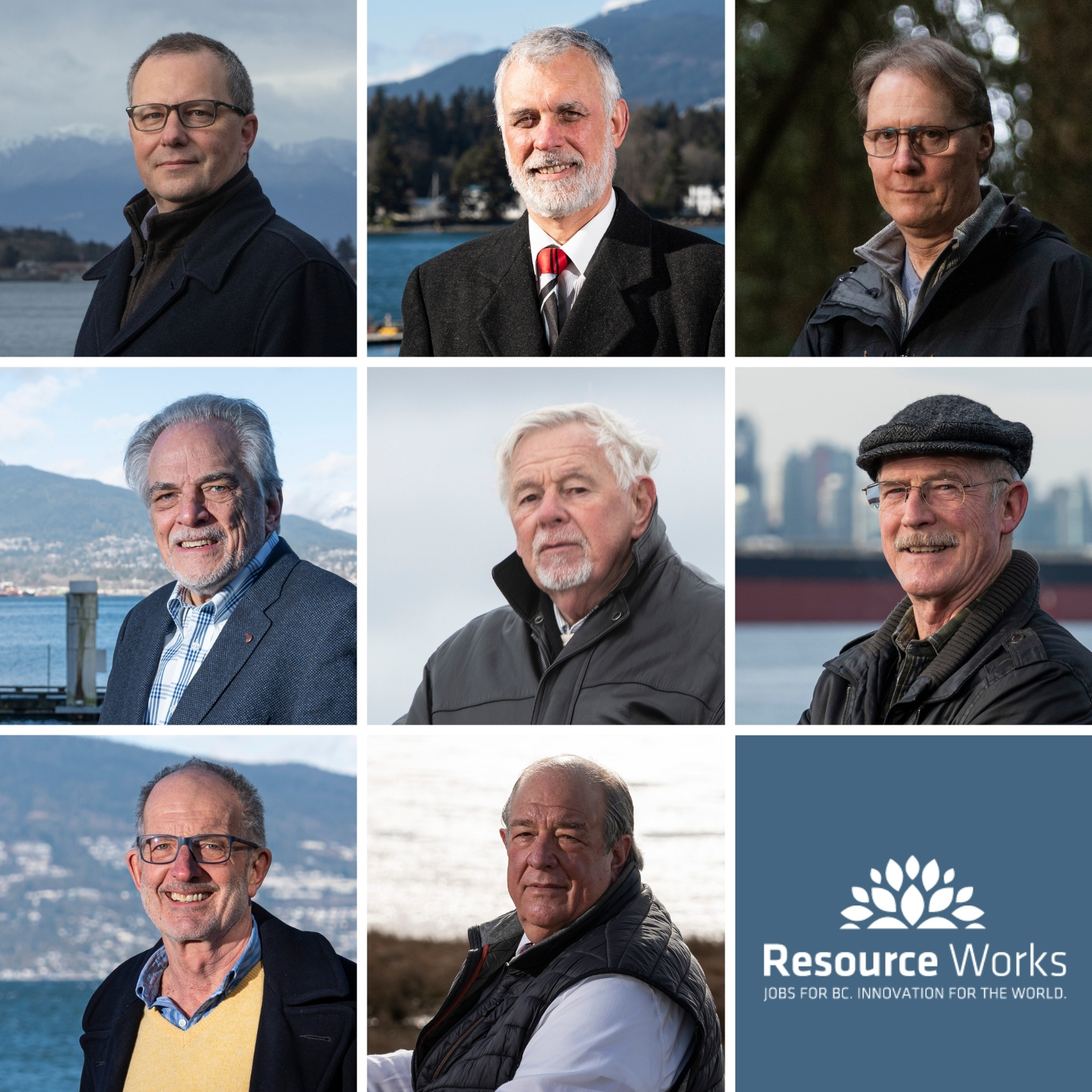The Resource Works report takes the form of transcribed interviews with eight individuals, many of whom have spent their entire careers working to ensure public and coastal safety in the marine environment, many of them in senior roles. Darryl Anderson of Wave Point Consulting Ltd. was pleased to be one of the experts who participated in an in-depth interview.
Interview Highlights
Regardless of which direction [the hydrocarbon cargo] is heading [import or export], I ask: what does the regime allow us to do? What are the things that we know about effective regimes?
Dr. Bonnie Henry, the public health official in British Columbia during COVID, uses the expression “layers of protection.” A regime, in simple terms, is a layer of protection. The layers of protection include:
- Prevention: is the first step, and it’s well-known that prevention is the most important step.
- Response: how do you respond “if and when” a shipping incident occurs.
- Mitigation: is the tangible action taken to avoid, minimize, restore on-site, or offset impacts on environmental values and associated components resulting from an incident.
- Financing: addresses how the necessary components of protection layers are paid for with consideration given to private and public financial resources.
When you start analyzing the lawyers or protection, you can benchmark Canada’s characteristics with other leading jurisdictions. Once you have a better understanding of the regime, the tools and the stages, you’re allowed to have an informed opinion about real or perceived gaps.
The one thing that we have all learned over the last 30 years is that things have changed dramatically since the days of the Exxon Valdez [tanker-spill disaster]. That is a world that doesn’t exist anymore, and [we’ve learned that] prevention is better than response. But when a response is required, it needs to be quick, practiced, measured and effective. And that’s where the rubber hits the road. A well-informed regulatory system is crucial for enforcement.
Since the federal government introduced the Oceans Protection Plan (OPP), it is fair to say that Canada has a world-class system. Thanks to the very healthy public debate we’ve had about the type of risk with tanker traffic, we’ve been able to move into a world-class system without a significant spill on BC’s coasts. And we’re probably one of the few jurisdictions in the world that can claim a world-class standard, and we haven’t had a major spill.

